North, South Korea irked by Japanese officials’ visit to controversial shrine on war end anniv.
Tensions have flared up between Japan and the two Koreas on the anniversary of the end of World War II after two Japanese ministers paid a visit to a controversial shrine in Tokyo, seen as a symbol of Japan’s wartime legacy in East Asia.
Both Seoul and Pyongyang, along with China, reacted to the visits to the Yasukuni Shrine by Japanese Defense Minister Nobuo Kishi and Economic and Fiscal Policy Minister Yasutoshi Nishimura.
The site, which enshrines senior military and political figures convicted of war crimes, remains a flashpoint for tensions with China as well as North and South Korea.
Japan’s Prime Minister Yoshihide Suga did not visit the site, but sent offerings.
South Korea expressed “deep disappointment and regret,” while the North demanded apologies.
The South Korean foreign ministry spokesman, Choi Young-sam, said Seoul “urges responsible people in Japan to show with action their humble soul-searching and genuine reflection on history.”
He said that only “based on such attitude, will Japan be able to build future-oriented relations with South Korea and gain trust from other neighbors.”
The Foreign Ministry also summoned Naoki Kumagai, deputy chief of mission at the Japanese Embassy in Seoul, to lodge a protest over the visit to the shrine.
The South’s Defense Ministry had earlier expressed its deep concerns and regrets over the visit.
An organization in North Korea called for Japan’s apology and atonement for its wrongdoings and atrocities committed during its 1910-45 colonial rule of the Korean Peninsula.
The Korean Committee on Measures for the Sexual Slavery for Japanese Army and Drafting Victims said in a statement that “with nothing can their grievance be relieved.”
“Far from making apology and repentance of the crimes against humanity committed by the Japanese imperialists, Japan has adopted a mean hostile policy toward the DPRK,” it said, using the acronym of the North's official name, the Democratic People's Republic of Korea.
China also reacted to the move, with defense ministry spokesman Wu Qian saying Beijing was “strongly dissatisfied” with the visit.
The move “reflects once again that the Japanese side has displayed the wrong attitude towards its wartime aggression and its sinister intentions of challenging post-war international world order,” he added.
Japan will never repeat war tragedy
Attending a memorial ceremony Sunday to mark the 76th anniversary of Japan's surrender at the end of WWII, Japanese Prime Minister Yoshihide Suga vowed that his country would never wage war again.
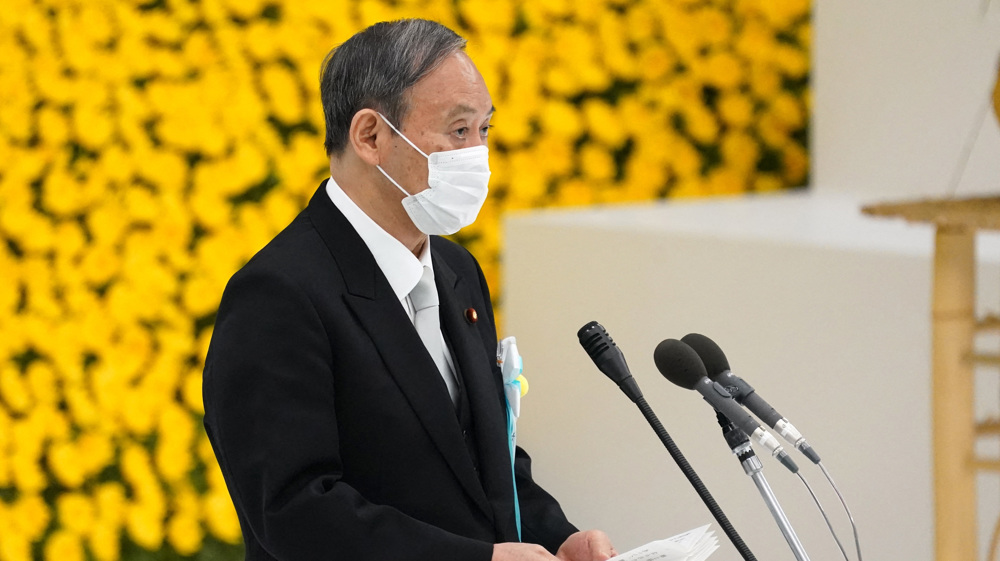
Suga, however, fell short of apologizing for his country’s past aggression against Japan’s neighbors.
“We will commit to our pledge to never repeat the tragedy of the war,” he said at the memorial ceremony. “We will continue to remain committed to this conviction."
South Korea open for talks with Japan
Meanwhile, South Korean President Moon Jae-in said his government left the door open for talks with Japan.
Addressing an event to mark the war-end anniversary on Sunday, Moon said Japan and South Korea should work together to "surmount difficulties" and foster cooperation based on shared values of democracy and market economy.
"Our government has always kept the door open for dialogue to jointly respond not only to our two countries' pending issues but also threats facing the world, including COVID-19 and the climate crisis," Moon said.
Historical rows have long frayed bilateral ties between Tokyo and Seoul.
VIDEO | Syria conference simulates proceedings against Israeli crimes in Palestine
Another journalist killed by Israeli forces in Gaza
EU condemns Israeli attack on UN peacekeepers
VIDEO | Israel kills Gaza women, children
Iran, Pakistan resolute on boosting defense, military cooperation
Hamas hails decision by Spain to block ships carrying arms to Israel
VIDEO | Press TV's news headlines
Israeli thugs wage chaos, vandalism in Amsterdam with anti-Palestinian violence


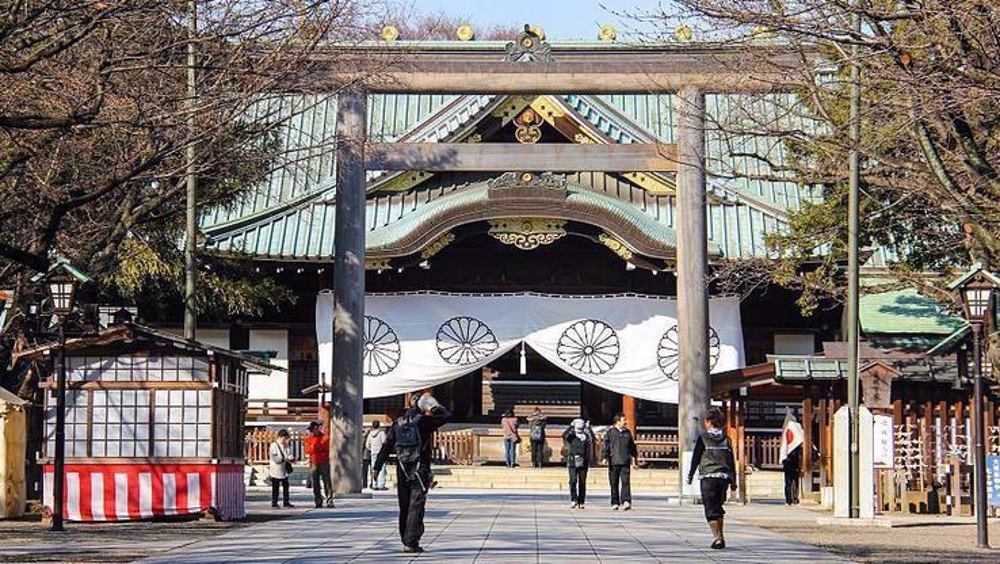

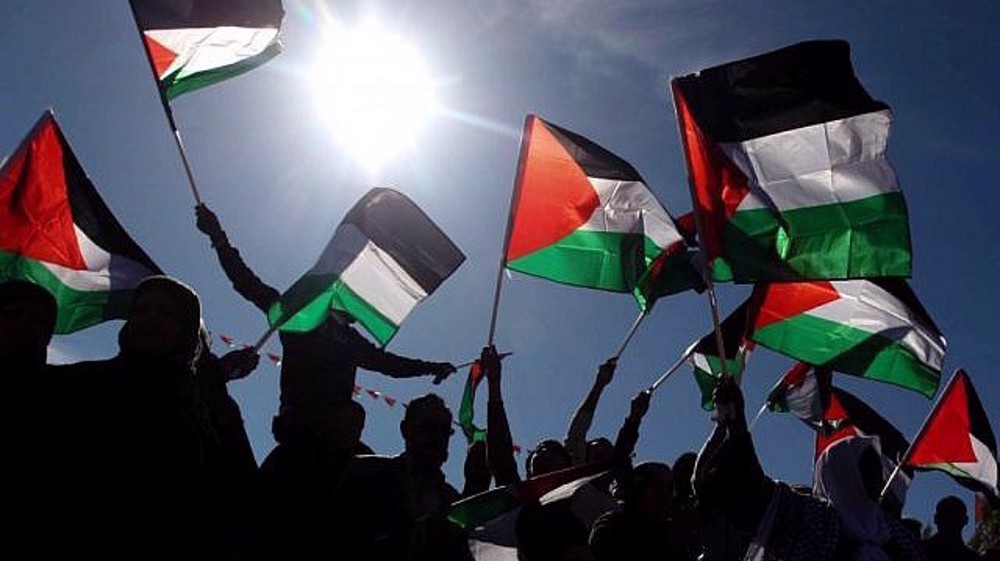
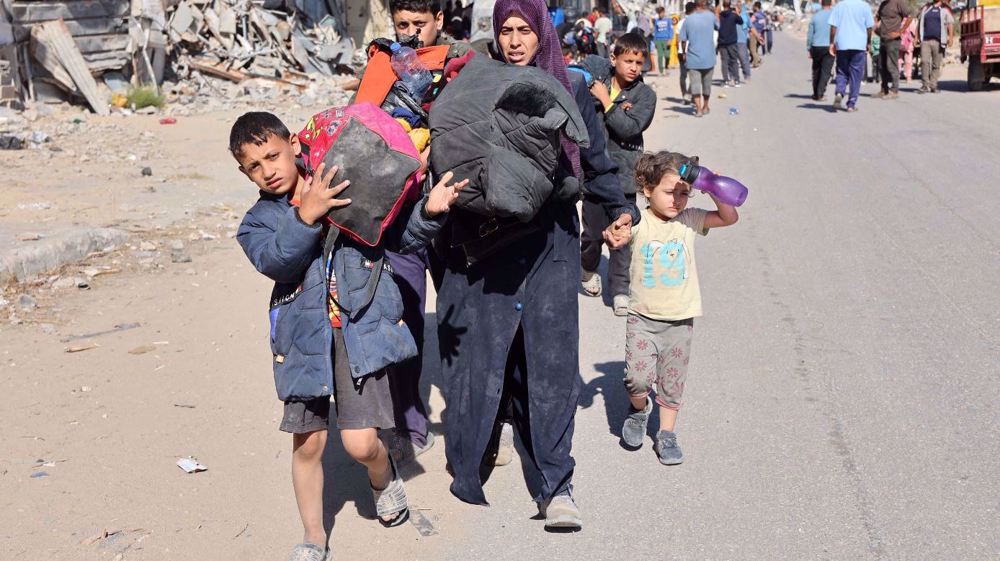



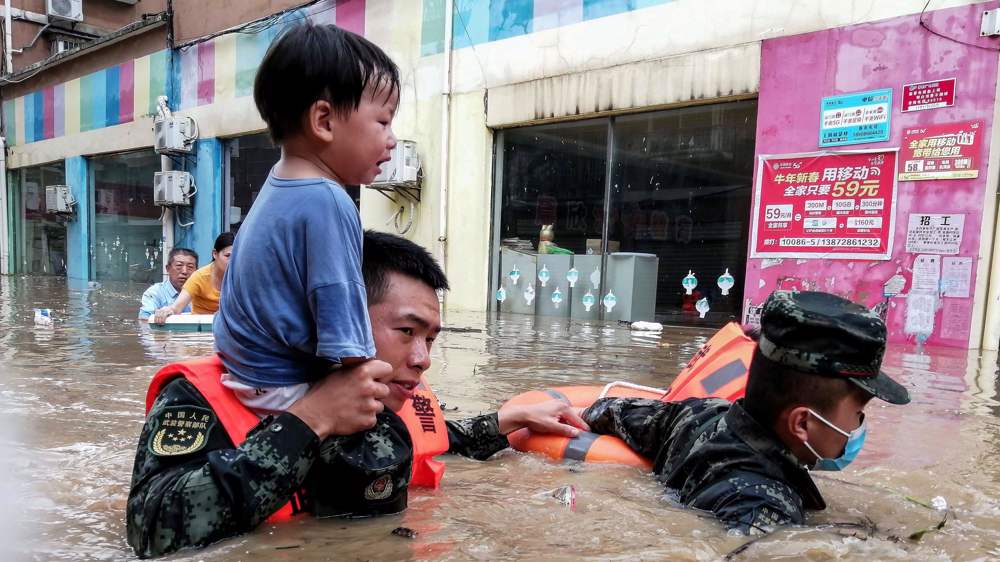

 This makes it easy to access the Press TV website
This makes it easy to access the Press TV website